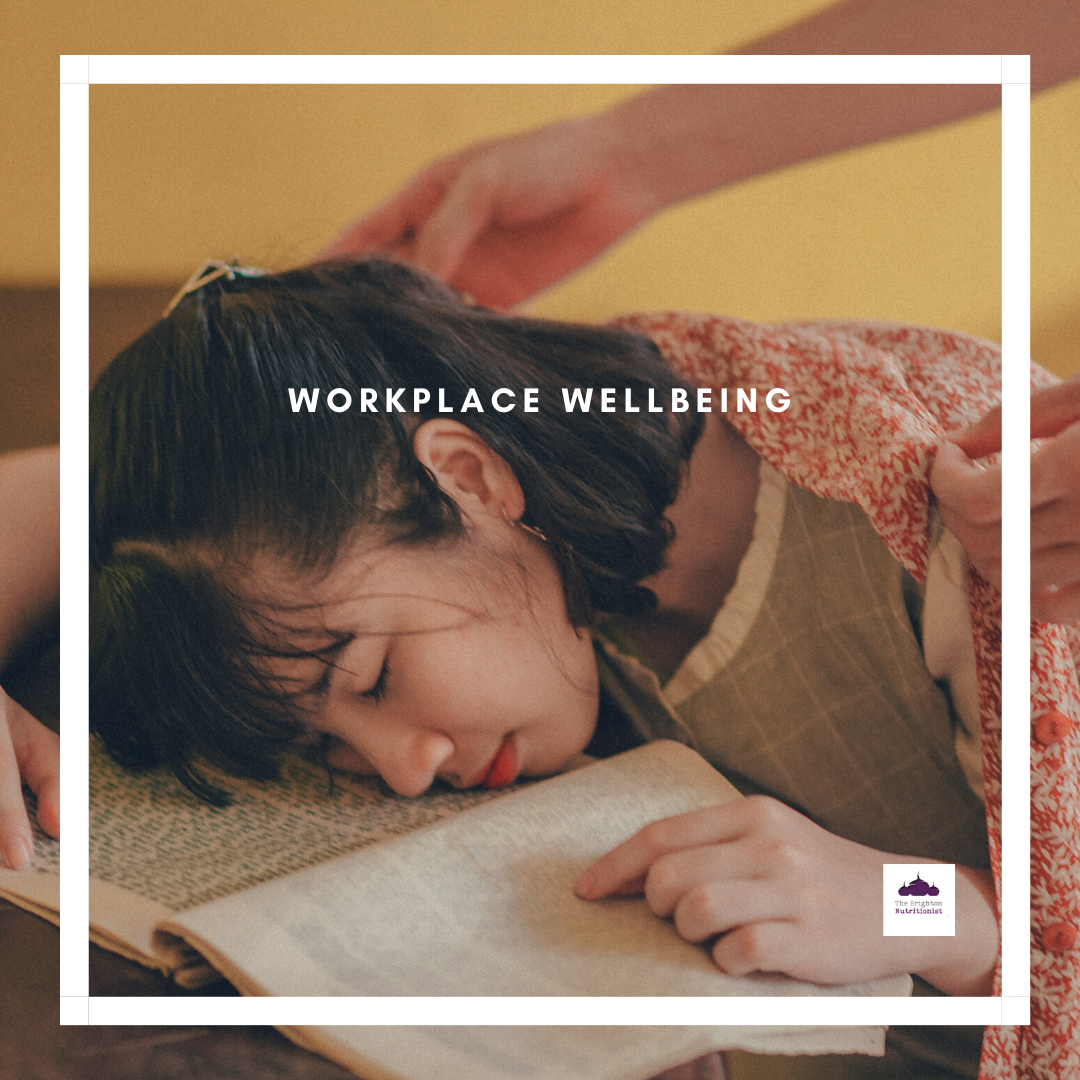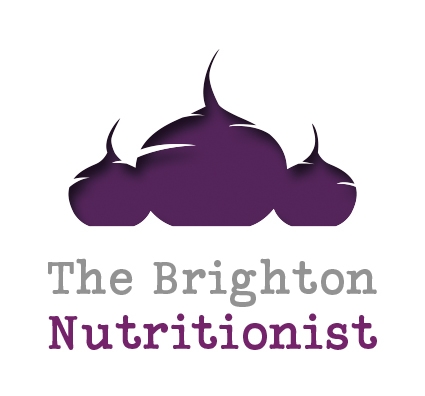Why am I so tired? How iron affects work performance.
In the U.K 27% of working age women have low iron intakes (NDNS 2018). This can affect a range of health issues, as well as our productivity and performance at work.
Why is getting enough iron in our diet important? If our iron intake is consistently lower than requirements it can lead to iron deficiency and iron deficiency anaemia. Iron’s main job is to carry the oxygen in our blood to all the cells in the body – if we aren’t getting enough then early symptoms can include feeling tired or run-down; you know that feeling of constantly struggling to get out of bed and an excessive mid afternoon slump.
As low iron status progresses symptoms can worsen and include:
- Low mood and irritability
- Extreme tiredness and weakness
- Feeling short of breath and dizziness
- Rapid or irregular heartbeat.
- Cold hands and feet
- Pale skin
- Sore and inflamed tongue
-
Brittle
nails and hair
Why are women more at risk? Periods and increased needs in pregnancy, which is coupled with the fact that women are less likely than men to eat iron rich foods. There’s also increased risk if you are vegetarian or vegan, have certain medical conditions like coeliac disease, or train very hard e.g. marathon running. If you are ticking more than one of these factors, then including iron rich foods more than once a day is a good starting point.
How to boost your intake of iron
Choose foods that are easily absorbable sources of iron – this includes meat, fish and poultry. Plant based sources of iron include green leafy veg, pulses, iron fortified breads and cereals and dried fruit, especially apricots
Boost your uptake with vitamin C rich foods: Eating iron containing foods with vitamin C rich vegetables and fruits like peppers, tomatoes, broccoli, berries and citrus fruits boosts your body’s ability to absorb iron.
Be careful of foods which decrease iron absorption – this includes tea or coffee, and high calcium foods. Don’t avoid these foods, just make sure you don’t eat them at the same time as iron rich contain foods. For example, switch to a glass of juice or water with breakfast, have your coffee mid-morning.
Check out the BDA’s iron food factsheet with examples of how to add iron-rich foods you’re your diet. https://www.bda.uk.com/foodfacts/iron_food_fact_sheet.pdf
If you’re feeling more tired and exhausted than usual and struggling to stay focused at work, then iron deficiency could be the cause. However, it’s important that you go and see your G.P, don’t self-diagnose and start taking supplements without medical advice. Taking too much iron has adverse health effects and can do more harm than good.

